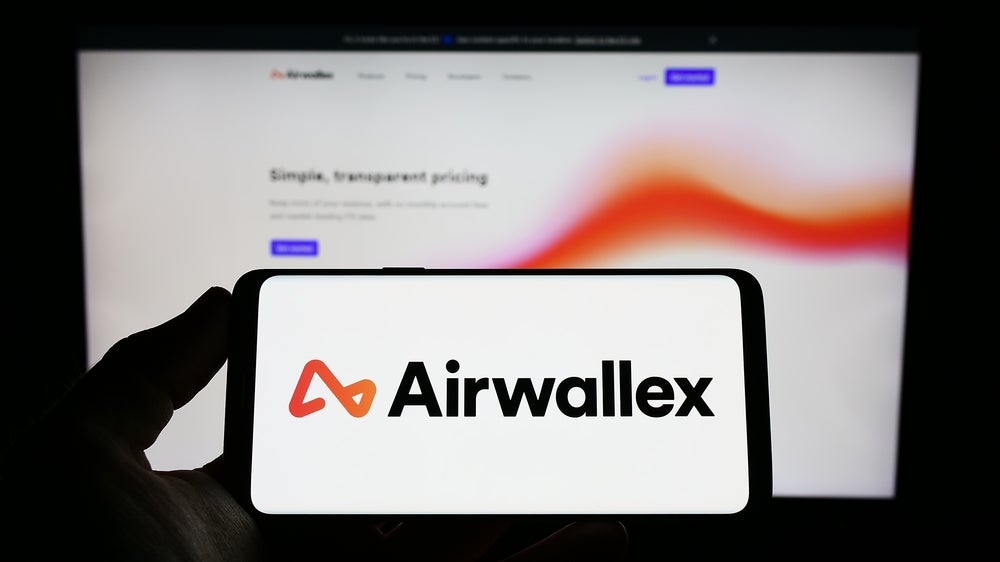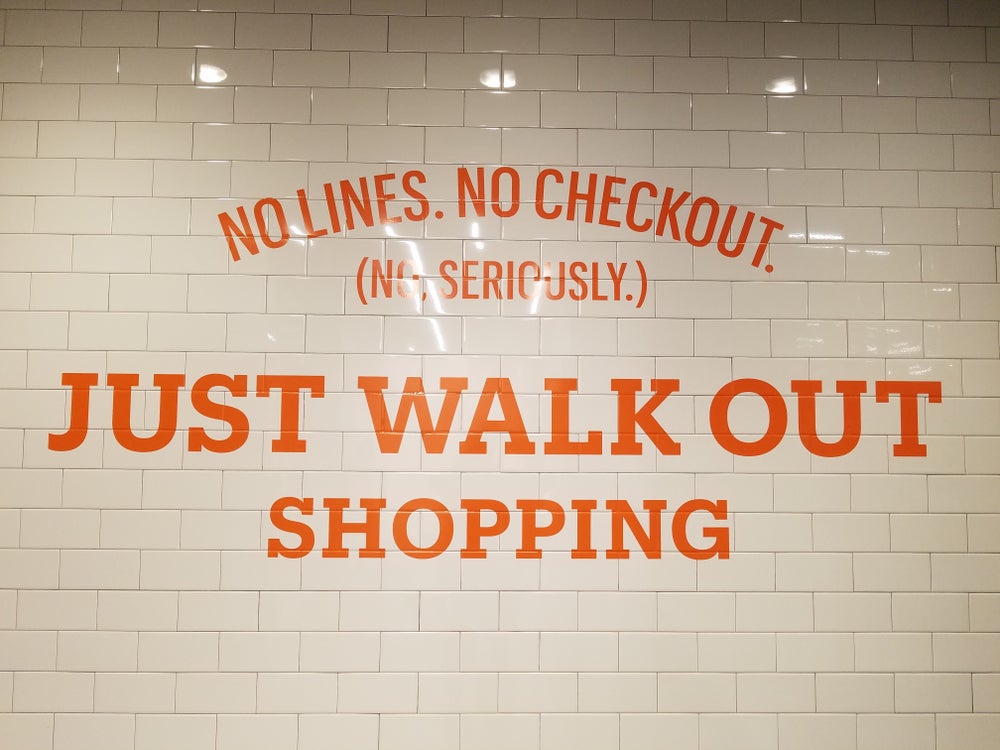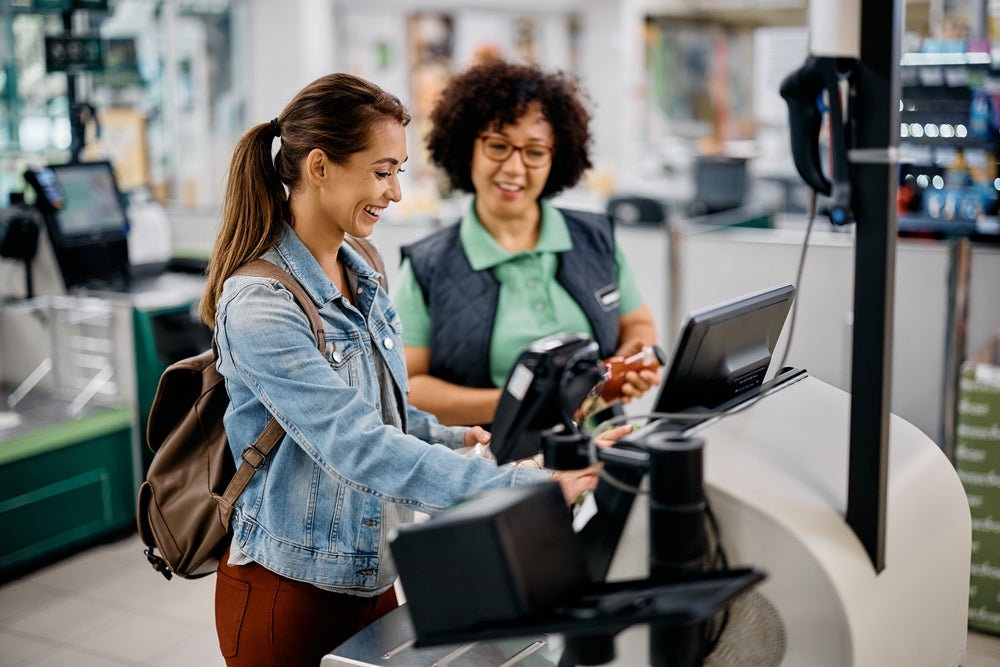As the internet becomes an
increasingly popular place to spend money, Jane Cooper looks
at
the difficulties faced by companies trying to find a
consumer-friendly way of making low-value,
cashless payments work online.
 Many have tried and failed to find big business in small
Many have tried and failed to find big business in small
payments. Aside from finding a commercially-viable model that
allows all the stakeholders to take their slice of the transaction,
consumers also need to be convinced that micropayments are
secure.
Gareth Lodge, senior consultant of
cashless payments at Secura Monde International, says:
“Micropayments are the final frontier in many ways.
“As cards are increasingly being
used for small value payments, merchants face the challenge of the
cost of doing so versus the cost of not and potentially losing a
sale.”
In the virtual world, there have
been many failed attempts – such as BitPass and Millicent – at
establishing an online micropayment network. The vision has been to
find a virtual equivalent for spending loose change and to
transform the way people shop online by charging them, for example,
for each web page they read.
How well do you really know your competitors?
Access the most comprehensive Company Profiles on the market, powered by GlobalData. Save hours of research. Gain competitive edge.

Thank you!
Your download email will arrive shortly
Not ready to buy yet? Download a free sample
We are confident about the unique quality of our Company Profiles. However, we want you to make the most beneficial decision for your business, so we offer a free sample that you can download by submitting the below form
By GlobalDataPayPal has already revolutionised
online shopping trends by allowing small merchants to accept
international payments without needing to sign up to an acquiring
bank.
For micropayments, however,
PayPal’s charges are relatively high – at 5% plus $0.05 per
transaction – and do not offer a viable solution for low-value
transactions.
Reducing this cost of micropayments
could be one way to convince merchants to make the low-value
transactions more widely available to online consumers. Aggregating
the transactions to reduce the processing costs is a solution that
has been tried – in different guises – by a few players.
Batch work
Google Checkout and iTunes batch
transactions to enable consumers to buy a number of small items
online. These transactions, however, are only batched for each
consumer to make a single charge onto the customer’s payment
card.
The reverse of this kind of
aggregation can be found in prepaid models whereby the consumer
first makes a payment with their card, which then allows them to
buy smaller units. The paid-for funds can be translated into
micropayments in another virtual currency, such as Facebook Credits
or Second Life’s Linden dollars.
Such batching models still rely on
payment-card infrastructure and the four-party model, which is
struggling to cope with the downward pressure on interchange
fees.
Cardis’ technology of aggregating
the payments to reduce the processing costs has the advantage of
not relying on the four-party model: its technology can be used to
process mobile payments, closed loop transactions, or online
wallets.
The company, however, is not the
first to aggregate the processing of payments. Peppercoin was a
solution that was first developed in 2001 by Ron Rivest, one of the
founders of RSA Security.
Like Cardis, it batched the
transactions at the back end so that consumers would not need to
change their card accounts to make micropayments. In 2007 the
company was sold to Chockstone, a loyalty marketing company and a
division of Heartland Payment Systems.
Despite the efforts of such
companies, micropayments are still a long way from tipping over
into widespread global usage.
Mobile solutions offer a model that
is not dependant on card infrastructure and allows micropayments to
be paid for by loading a prepaid mobile phone or by batching the
transactions on a mobile phone bill.
“In the developing world, schemes
such as M-Pesa are providing what are essentially micropayments
services,” says Lodge.
“Inevitably, different markets have
different characteristics and we will see a number of ways of
approaching the problem.”
There have been some very
successful mobile solutions, says micropayment expert Thomas Lee
but they are regional.
Lee, formerly a senior director of
gaming company Gamepot USA, explains that South Korea’s Danal has
made it possible to monetise the playing of video games online.
Danal, which started out selling
ringtones to mobile phone users, has expanded to the US where it
launched the BilltoMobile service that allows online purchases to
be charged to a mobile phone account.
Consumer
concerns
Lee notes, however, that security
remains a major concern for consumers and is a major barrier to the
widespread adoption of micropayments on the internet.
“For every security layer that is
put in, there will always be hackers trying to attack it,” notes
Lee.
The South Korean market has a more
secure solution in place, argues Lee, because each internet user is
already identifiable by their national identity card number.
By comparison, online registration
in the US involves entering a social security number and other
sensitive personal data – such as birth date and bank account
details – that put the user’s financial profile at risk.
While solutions such as Danal maybe
successful in the Korean market, there are still a number of
hurdles to establishing a micropayment network that is
interoperable, international and commercially-viable.
For now, however, there will continue to be a number of players
searching for the perfect solution to finding big business in small
payments.







